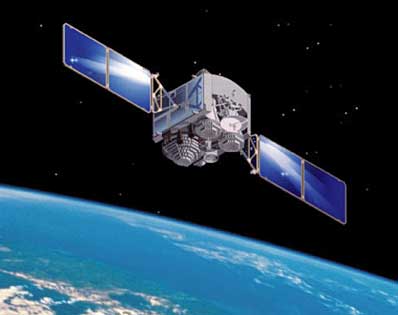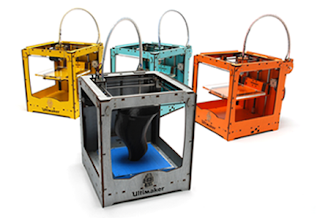In all seriousness, with shocking accidents like the Columbia
and Challenger disasters burned into the minds of the public coupled with the
large price tag of any space mission, many people think we could do without
NASA. Space is a dangerous place. The technical problems that can amount from drastically
varied temperatures, unshielded cosmic radiation, pressure differentials, etc
are not a challenge, it is a continuous battle for survival. With all of this
to look forward to, "why the heck would we want to go to space, manned or unmanned?"
I would tell someone: what NASA and other programs have given the United
States, and the world, cannot be fully measured.
The US government has spent an average of $10 billion on
NASA since 1958. A few of the benefits that we have received in return range
from shoe insoles to cordless tools. These
may seem like mundane things, yet how many people use them on a daily basis? The
Global Positioning System (GPS), Google maps, and quite a few other satellite-driven
technologies would not have been possible without NASA and its innovations.
When we consider lives saved, in the 1960s NASA researched ways to prevent aircraft from hydroplaning on the runways during rainstorms. The technique of safety-grooving (indents that carry away water and improve friction forces) was soon applied to the US highway system, where it began to prevent almost 85 percent of accidents during wet weather. In the mid-1980’s, the Ballistic Missile Defense Organization (another space-related program) provided funding and resources to develop a high energy-density thin-filmed capacitor, to store and then discharge energy. This tech has been used in a variety of products, but most notably to power portable heart defibrillators. From fire fighters to emergency responders, they have saved lives by using such a device.
NASA’s estimated budget for 2012 is about $16 billion. With
a population in the United States of about 311.6 million, this breaks down to a
cost of $51.36 for this year. I think I can forgo one extra video game a year for the potential life-saving, life-changing benefits, can you? Now, of course not everyone is paying for this, I personally
don’t pay much in taxes since I am a student, but once I have a full-time job I
would donate more (perhaps to the Build the Enterprise if it receives a little
more momentum). I ask this, as a society what have we gained for that nominal
cost? Can you put a price on progress?
Intertwined with the price of innovations is what many people would bring up, the price of human life. How can we expect astronauts to put there lives on the line? This is a complex issue, and we could spend years hashing out reasons for an against the sacrifices people have made. I truly salute those that have died on the Shuttles Columbia and Challenger, and their families. In many ways astronauts are no different than other professionals that confront the possibility of death everyday. From police officers to firefighters, we hope that nothing tragic befalls upon them, yet they all take a risk to insure that the rest of us are safer, they protect the society. I believe astronauts and other scientists, those that work under dangerous circumstances, are on this same spectrum. They are insuring the betterment and continuation of our society.
Space provides a unique set of problems, problems that engineers have and will continue to solve. These solutions are invaluable, even if it cannot be seen right away, many can be applied to our terrestrial lives. If we understand that the role of government is to better society as a whole, and in this, take risks for this betterment that individuals and companies are not willing to take, for many whose main prerogative for investment is for their own benefit. Our society is shifting, many people are now investing in space travel, this shows the increased awareness of the value that is in space exploration. Should we now cut funding? No, instead we should push the boundary, “go where no one has gone before.”
Space provides a unique set of problems, problems that engineers have and will continue to solve. These solutions are invaluable, even if it cannot be seen right away, many can be applied to our terrestrial lives. If we understand that the role of government is to better society as a whole, and in this, take risks for this betterment that individuals and companies are not willing to take, for many whose main prerogative for investment is for their own benefit. Our society is shifting, many people are now investing in space travel, this shows the increased awareness of the value that is in space exploration. Should we now cut funding? No, instead we should push the boundary, “go where no one has gone before.”











